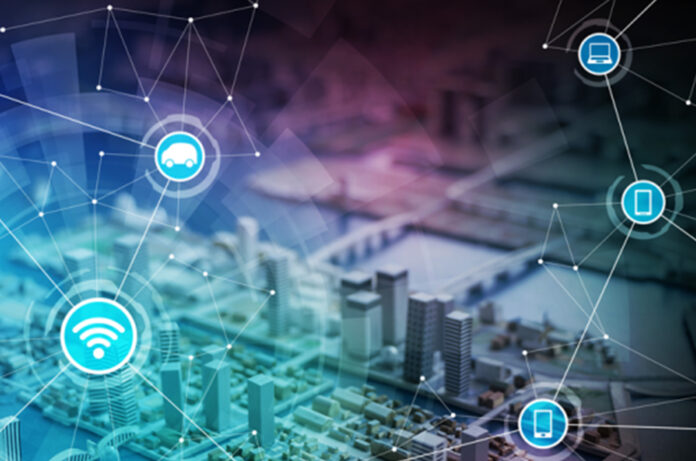The 65-story skyscraper at 311 South Wacker Drive in Chicago boasts magnificent views of the Chicago River, Grant Park and even Lake Michigan. However, for the owners, visibility of the building’s inner workings was more important, and more difficult to access.
To help, Zeller Realty employed a technology that exposes potential problems in the building’s HVAC systems — technology that has become exponentially more valuable during the time of COVID-19, and is often used in digital twins.
The digital twin market — the phrase used to describe a virtual copy of a physical building, combining a 3-D model of a facility with the dynamic data needed to show visualizations and analysis — is growing at hyperspeed.
Agile, scalable, and dynamic workplaces are needed now more than ever. Digital twins support these requirements by providing the data and visualizations needed to make more rapid and flexible decisions.”
Jim Whittaker, Engineering Services Lead at JLL
And real estate is one industry that has used it to uncover value during the coronavirus pandemic. Originally developed for the aerospace industry in the 1960s, digital twins are expanding their footprint across industries due to improved Internet of Things (IoT) sensors, modeling and other technologies.
The industry is projected to be worth US$35.8 billion in 2025, compared to $3.8 billion in 2019, according to research firm MarketsandMarkets.
The team at MIT’s Real Estate Innovation Lab says the benefits of digital twins for the commercial real estate industry are many, including management of building occupancy, increased budget reliability and faster delivery in the construction realm.
According to Jim Whittaker, Engineering Services Lead at JLL, the COVID-19 pandemic is accelerating…



